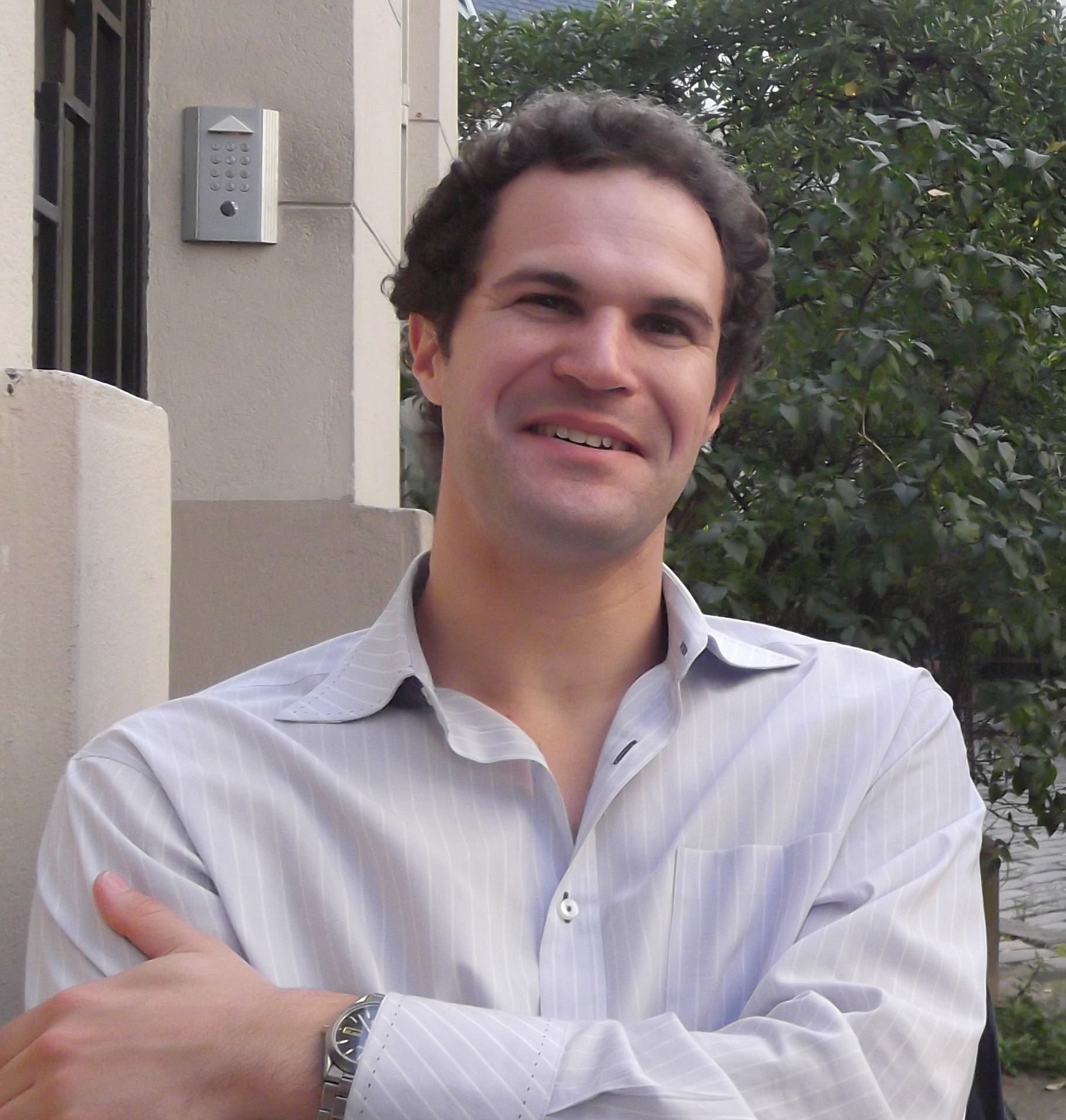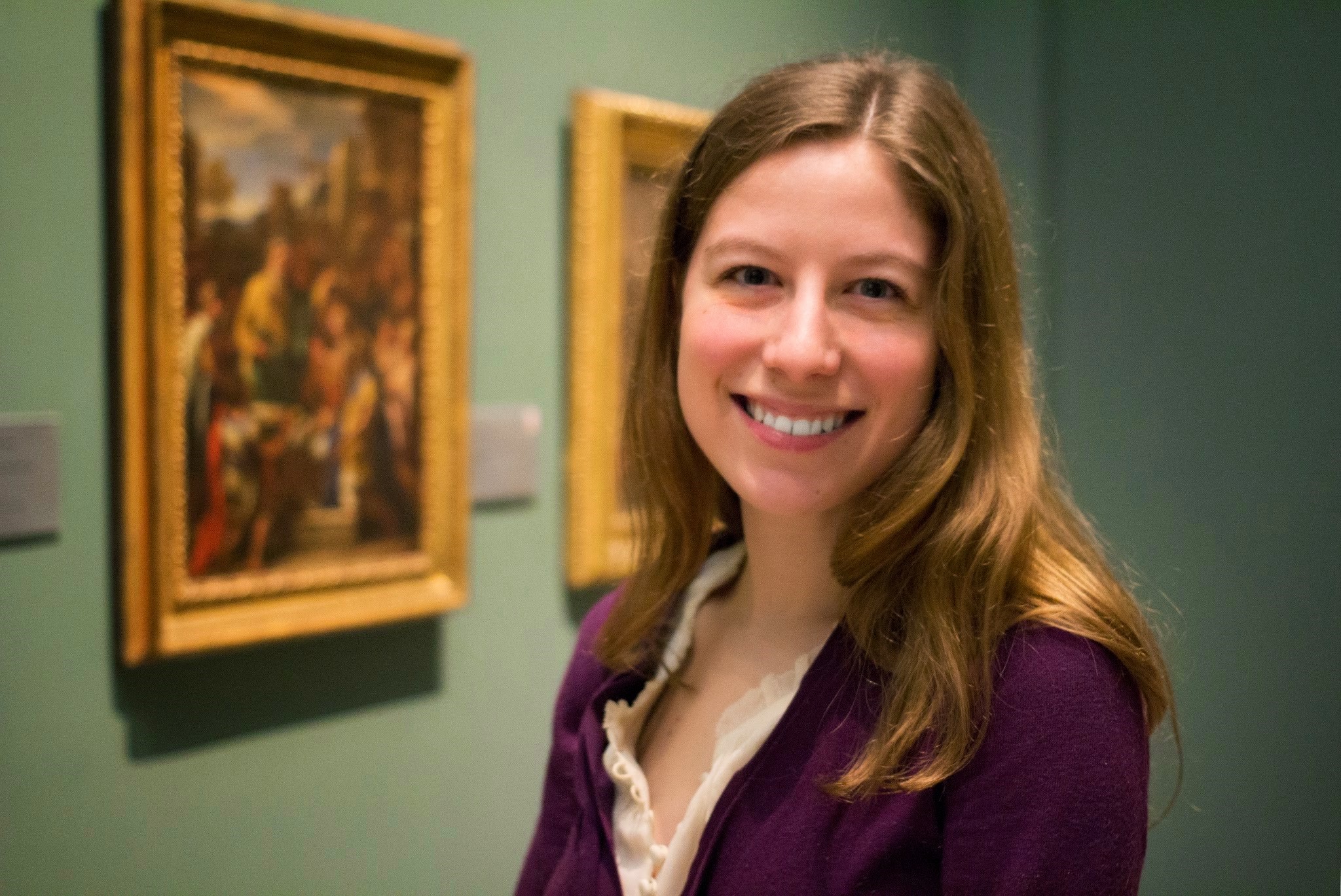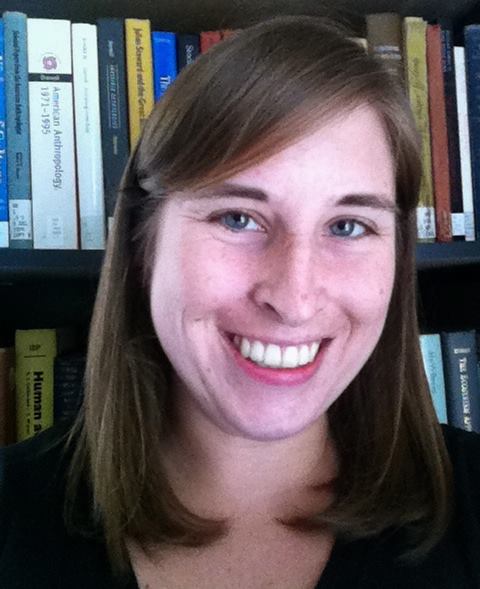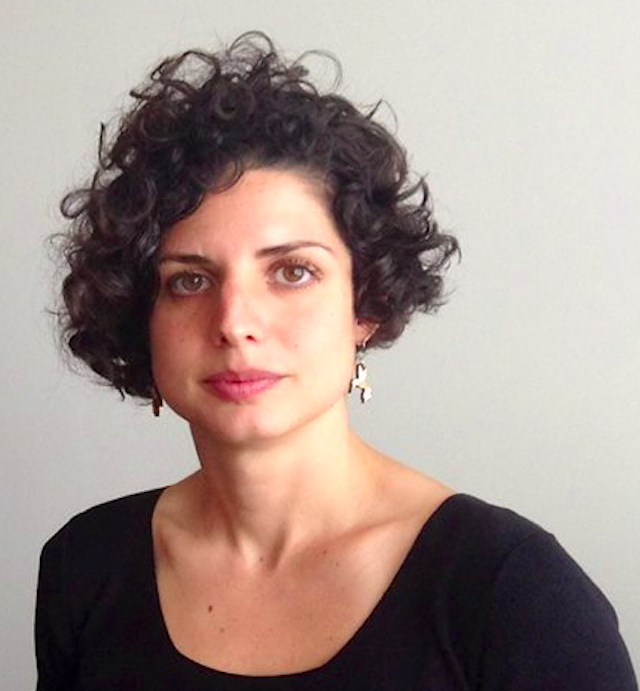2016-17: Conservation
We live in the Anthropocene, an epoch defined by human intervention and a time of rapid and often disconcerting change. Its predominant narrative is one of decline and fall—of transformation, deterioration, and loss. This tragic narrative is a familiar one: in the humanities we see it, for example, in stories of the material world and its ruins; of the demise of ancient and indigenous cultures and moral systems; of lost arts, artifacts, and aesthetic forms.
Our theme, CONSERVATION, invites inquiry into how humans have responded to that narrative. We associate the idea of conservation with care, repair, and stewardship both of nature and of culture. To conserve is to place oneself in relation to the past—perhaps an imagined past—that one values and believes ought to remain and persist into the future. In rehabilitating wetlands and restoring great works of art, reanimating lost languages and spiritual traditions, creating archives and preserving work born digital, conservation generates a set of values, techniques, and orientations to temporality and change. These move beyond merely capturing the past on its own terms and toward enlisting it for present and future purposes.
Yet valuing and engaging in conservation raises a number of questions: What do we choose to conserve, and what do we allow to be lost or let die? What imagined visions of an authentic or prelapsarian past fuel our desire to conserve? What conservation modes and methods do we employ, and what are their limits? What is conservation’s relation to traditionalism, conservatism, and reform? How are acts of conservation related to visions of the future: utopias, dystopias, and other fantasies?




